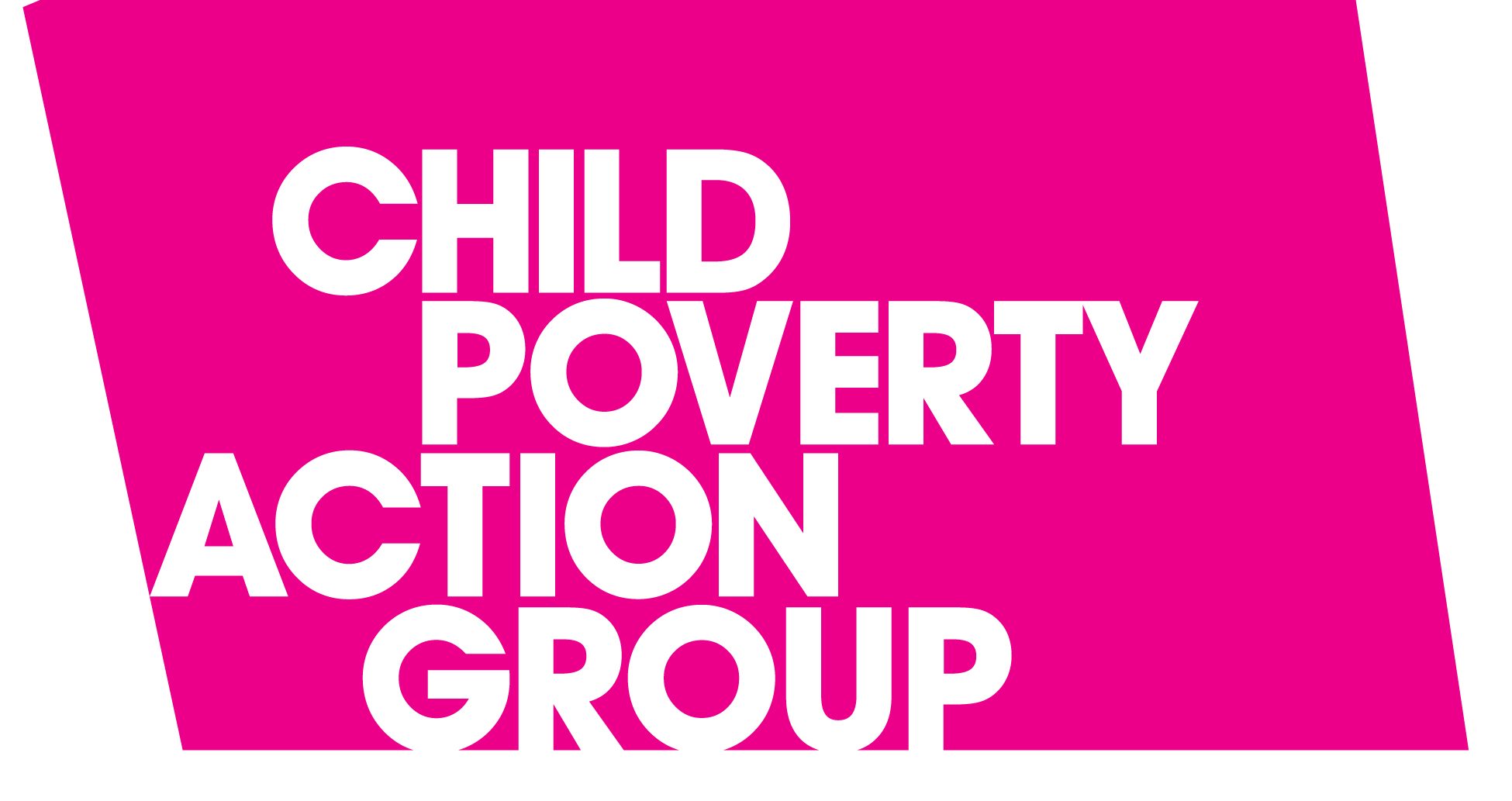
- This event has passed.
Webinar: Another ‘super session’ with CPAG
March 30, 2022 @ 1:00 pm - 4:00 pm

UNDERSTANDING AND USING THE REVISIONS AND SUPERSESSIONS SYSTEM FOR UNIVERSAL CREDIT CLAIMANTS
- When a decision can be made altering an award: two routes are provided, revision and supersession. For each, there are numerous different situations (“grounds”) that can arise, that allow the making of a decision.
- In cases of revision, decisions can be changed simply because a new view is taken of the same evidence, provided a claimant requests the revision within the time limits. Otherwise, for claimants getting a revision it will depend on showing the original decision was wrong because of an “official error”.
- Where the amending decision is a supersession, the date from which the decision takes effect – that is made to depend on the ground that allowed the supersession to take place.
This system, which relies on the same basic set of rules that were originally designed for legacy benefits, has been adapted to take account of the specific features of universal credit (with its monthly payment cycle and much more automated processes).
However, advisers with experience of how universal credit awards are actually managed, might be forgiven for wondering whether any of the above still applies to universal credit.
Numerous problems arise where it seems no regard is had to any of these detailed rules. It seems at times impossible to persuade a decision maker that an award should be amended from some date significantly prior to when that is first requested, or that an award cannot simply be removed because a decision maker now has a different opinion about a claimant’s entitlement.
This 3-hour webinar will provide an outline of the decision making system and then examine in detail:
- How to establish the decision making history in cases, given the DWP have no regard to using correct terminology in correspondence on journals and do nothing to show how their actions fit within the decision making system they are supposed to operate.
- Situations where it can be argued universal credit decisions can be revised for official error and how to spot them. This can help advisers put right underpayments going back for significant periods of time.
- The interaction of the decision making rules with requests to backdate a claim for universal credit and arguing that backdating can take place despite the fact the request was not made until after an initial decision on a claim.
- Common scenarios where the effective date of a change of circumstances should be earlier than the date on which it is reported.
- Limitations arising from the decision making rules on DWP powers to simply remove or suspend awards.
The seminar should assist advisers in ensuring that the decision making rules can be made to work to the advantage of claimants where that is their intention.
Speakers include:
Rosie Mears – Welfare Rights Worker working on CPAG project concerning universal credit, digitalisation and the rule of law.
Owen Stevens – Welfare Rights Worker at CPAG specialising in providing second tier advice on universal credit
Martin Williams – Welfare Rights Worker at CPAG’s Upper Tribunal Project
Method of delivery and timings
This three-hour webinar will run from 1pm to 4pm.
It will be delivered live online, via Zoom, and there will be an opportunity for attendees to ask the speakers questions.
Participants will receive an email link, a few days before the webinar, to allow access to the event.
Ticket prices start from £47.50 for voluntary organisations and £66.50 for statutory/other organisations.
